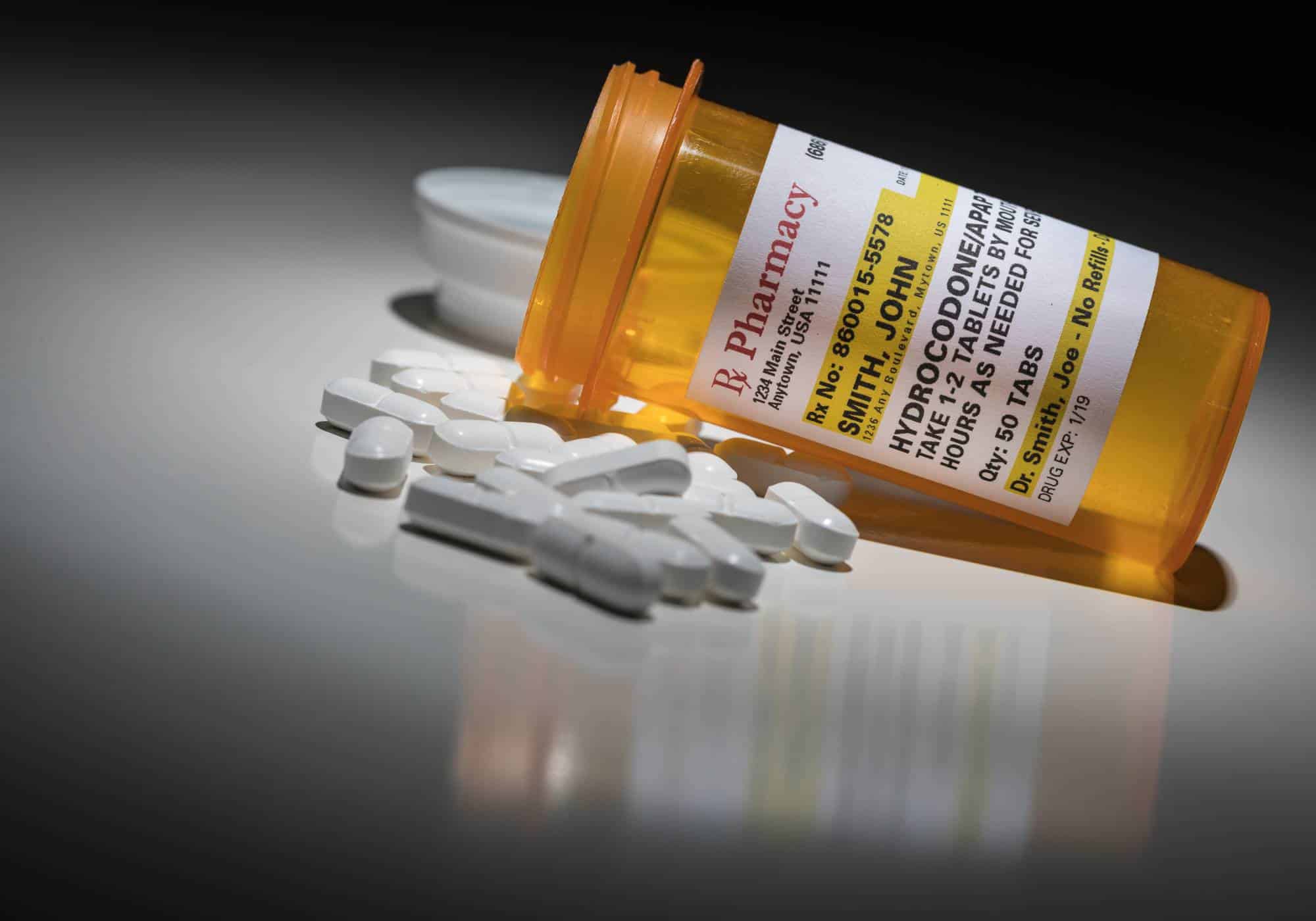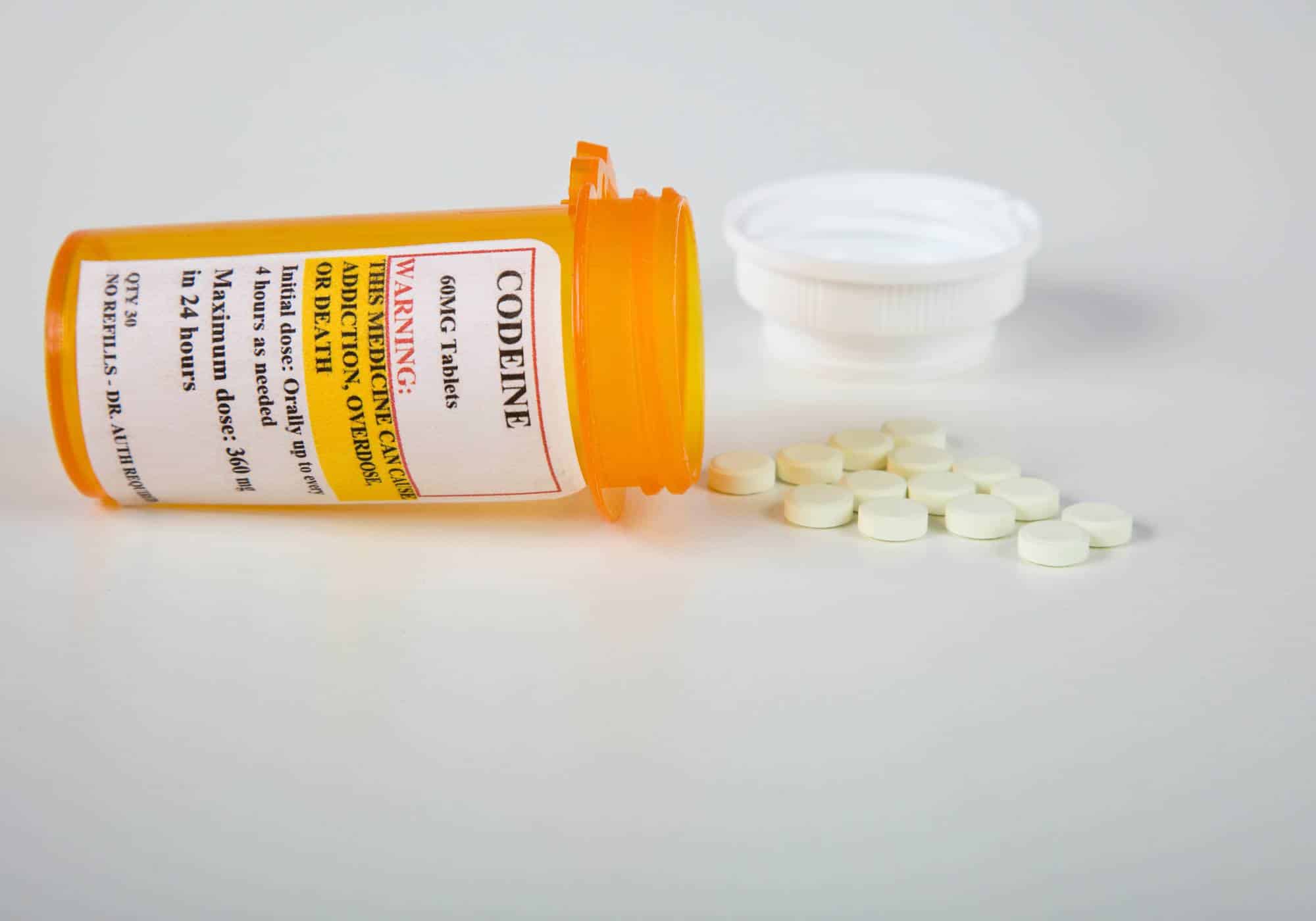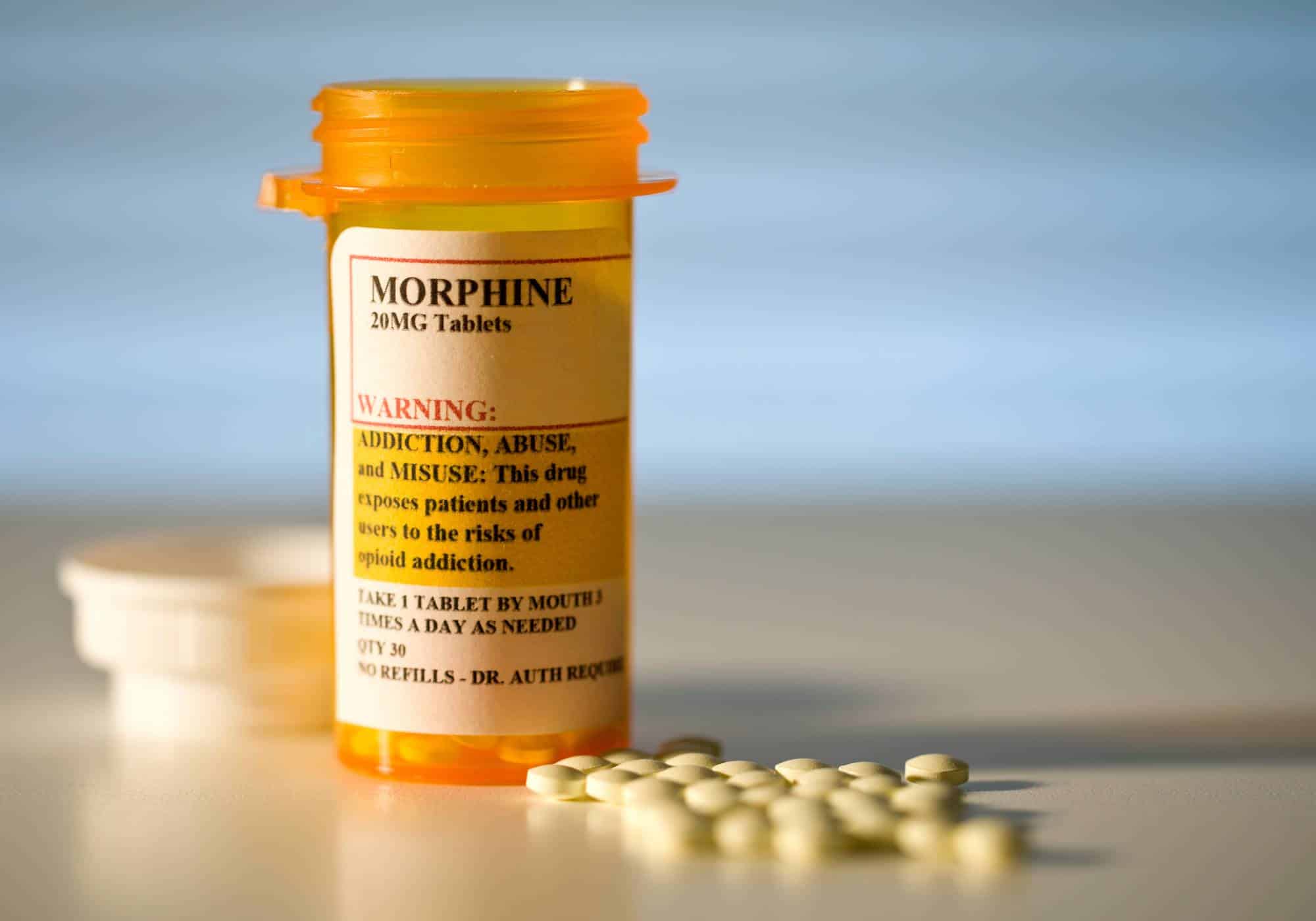Gabapentin, if taken according to medical guidance, can be highly beneficial for treating specific health issues. However, its improper use carries considerable dangers, possibly resulting in severe and life-threatening outcomes. This piece examines the consequences of gabapentin addiction, detailing its lasting effects, potential side effects, and symptoms experienced during withdrawal.
What is Gabapentin (Neurontin)?
Gabapentin, sold under brand names like Neurontin, is a medication primarily used for controlling seizures and managing various forms of nerve pain. Belonging to the Gabapentinoid class, it’s effective against a range of conditions including epilepsy, restless leg syndrome, hot flashes, and neuropathic pain. Though it presents a lower addiction risk than opioids, there’s a potential for abuse and dependency in some users.
Mimicking the structure of the neurotransmitter Gamma-Aminobutyric Acid (GABA), which plays a key role in regulating nervous system activity, Gabapentin is valuable for easing nerve pain, curbing anxiety, and improving sleep quality.
Prescribed for an array of health issues, from withdrawal symptoms associated with alcohol and cocaine to diabetic neuropathy, fibromyalgia, and seizures, Gabapentin operates by altering calcium channels to minimize seizure activity and reduce nerve pain. Known on the street as “Gabbies” or “Johnnies,” this medication demands cautious use due to risks of severe side effects such as suicidal thoughts, mood alterations, and sudden changes in behavior, along with possible increased blood pressure, fever, sleep problems, appetite changes, and chest pain. Proper adherence to prescription guidelines is crucial.
How Does Gabapentin Work?
The exact mechanism through which gabapentin operates is not fully understood. It is structurally similar to gamma-aminobutyric acid (GABA), a crucial neurotransmitter in the brain, but it doesn’t bind directly to GABA receptors. The drug is thought to exert its therapeutic effects by reducing the activity of excitatory neurotransmitters and modifying the communication among neurons.
Gabapentin, approved by the FDA to treat seizures and neuropathic pain associated with shingles, is also commonly used off-label for a variety of conditions, including:
- Sleep issues.
- Anxiety.
- Sciatica.
- Diabetic neuropathy.
- Fibromyalgia.
- Headaches and migraines.
- Restless leg syndrome.
- Hot flashes in perimenopause.
- Mood disorders.
- PTSD.
Its wide-ranging application in treating these conditions underscores gabapentin’s significant influence on brain chemistry and nerve pain management, showcasing its importance even as its full mode of action remains somewhat mysterious.
Is Gabapentin Addictive?
Yes, Gabapentin does have addictive potential. Despite its legitimate prescription for various health conditions, there’s a risk that abuse and the development of a dependency, particularly with prolonged and frequent usage, can lead to addiction.
Over time, the body may become physically dependent on gabapentin, expecting its presence to function optimally. This dependence is a typical response to the consistent intake of any substance. Consequently, individuals who try to reduce or halt their gabapentin intake may face withdrawal symptoms, such as:
- Insomnia
- Nausea
- Headaches
- Dizziness
- Anxiety
The severity of withdrawal from gabapentin can depend on the speed of the dosage reduction. For a smoother transition away from dependency, healthcare providers often recommend gradually tapering the dose rather than abruptly stopping—known as quitting “cold turkey”—which can intensify withdrawal effects.
Gabapentin’s potential for addiction and withdrawal is linked to its effect on neurotransmitter systems in the brain, particularly its influence on GABA pathways, which play a crucial role in the nervous system’s inhibitory processes. Although the exact way gabapentin works is not entirely understood, its interaction with these pathways can lead to physical dependence after extended use.
Side Effects of Gabapentin Abuse
Gabapentin, when abused, can lead to a range of side effects that affect both mental and physical well-being. The abuse of this medication can intensify these side effects, making them more frequent and severe.
Short-Term Side Effects of Gabapentin Abuse
In the early stages of gabapentin misuse, individuals may encounter:
- Drowsiness
- Dizziness
- Unsteady movements
- Blurred vision
- Increased body temperature
The intensity of these symptoms typically depends on the amount and frequency of gabapentin consumption.
Long-Term Side Effects of Gabapentin Abuse
Prolonged abuse of gabapentin can lead to lasting health problems, persisting even after stopping the drug. Some long-term side effects include:
- Mood swings
- Behavioral changes
- Symptoms of depression
- Heightened anxiety
- Difficulty remembering
- Muscle weakness
Severe Health Risks from Extended Gabapentin Abuse
Chronic gabapentin abuse can cause serious health issues, such as:
- Tremors
- Abdominal pain
- Problems with vision
- Changes in weight
- Blood pressure inconsistencies
- Swelling of limbs
- Increased nervousness
- Aggressive behaviors
- Short-term memory lapses
Those with renal conditions need to be particularly careful, as gabapentin is cleared from the body through the kidneys, increasing the risk of adverse effects.
For children between 3 to 12 years, gabapentin can lead to mood changes, aggression, concentration issues, hyperactivity, and a decrease in academic performance. Monitoring by healthcare professionals is crucial for anyone taking gabapentin, to manage these potential side effects effectively.
Signs of Gabapentin Addiction
Gabapentin addiction, particularly prevalent in Atlanta, GA, manifests through various symptoms that warrant attention:
- Constant sleepiness
- Coordination problems
- Shaking
- Episodes of depression
- Thoughts or attempts of suicide
- Mood swings
- Feeling dizzy
- Forgetting things
- Heightened worry
- Trouble speaking
Recognizing these symptoms is key, alongside noting excessive prescription bottle accumulation, to understand the serious health and safety risks linked to gabapentin addiction.
Gabapentin, especially in high doses (800mg or higher), is sometimes abused by those in recovery for its subtle euphoric effects, which often remain undetected in standard drug tests. It’s also misused in conjunction with opioids to intensify the euphoric experience, a dangerous and potentially fatal practice. An overdose on gabapentin, whether by itself or combined with other drugs, poses severe risks. With no specific antidote available for gabapentin overdose, symptoms such as pronounced sleepiness, muscle weakness, sluggishness, sagging eyelids, diarrhea, and deep sedation call for urgent medical care. For assistance with gabapentin addiction in Atlanta, GA, reaching out to Hope Harbor Wellness at 678-929-6304 is a step towards a life free from drug addiction.
Signs of Gabapentin Addiction
- Providing false or exaggerated information about symptoms to medical professionals
- Seeking out multiple doctors to obtain more prescriptions
- Switching healthcare providers if refused more prescriptions
- Changes in social interactions and friendships
- Neglecting personal hygiene and self-care
- Worrying about accessing the medication
- Continuing use despite negative consequences on social, financial, or legal standing
- Repeated, failed attempts to stop using the medication
Gabapentin Withdrawal
Consistent gabapentin use can create an addiction due to the brain’s adaptation to its influence on neurochemistry, necessitating ongoing intake for the individual to feel or function as usual. When addiction becomes pronounced, decreasing or suddenly stopping gabapentin intake can initiate withdrawal symptoms.
These Gabapentin withdrawal symptoms include:
- Increased anxiety
- Insomnia or trouble sleeping
- Restlessness
- Disorientation
- Confusion
- Experiencing pain
- Nausea
- Excessive sweating
- Rapid heartbeat
- The possibility of seizures
Symptoms of Gabapentin Overdose
Gabapentin, advised for thrice-daily consumption due to its 5 to 7-hour half-life, sees consistent efficacy across dosages, though variations may occur among older adults or those with impaired renal function. The starting dose for adults is set at 300mg, not to exceed 3600mg daily.
Particularly vulnerable to gabapentin overdose are individuals grappling with mental health challenges or depression. Overdose risks escalate when dosages surpass recommendations for managing anxiety, neuropathic pain, or seizure disorders. If you or a loved one is facing issues with gabapentin misuse, reaching out to Hope Harbor Wellness at 678-929-6304 can mark the beginning of tailored gabapentin addiction treatment in Atlanta, GA.
Signs of a Gabapentin Overdose
Critical signs of a gabapentin overdose include:
- Blurred or double vision
- Slurred speech
- Increased sleepiness
- Diarrhea
Observing these symptoms requires urgent medical intervention to mitigate potentially serious outcomes.
Mixing Gabapentin With Other Drugs
Recent years have seen a notable surge in gabapentin prescriptions, with figures doubling from 2011 to 2017, as reported by the Drug Enforcement Administration (DEA). The risk of developing a dependence on gabapentin and experiencing withdrawal symptoms is significantly higher among those who use it alongside other drugs—a practice referred to as polydrug use. Commonly, gabapentin is mixed with opioids or cocaine to either amplify the effects or alleviate cocaine withdrawal symptoms.
Due to growing concerns, in 2019, the FDA required additional warning labels on all Gabapentinoid products, including Gabapentin (sold as Neurontin and Gralise) and its generic counterparts like Gabapentin Enacarbil and Pregabalin. These warnings emphasize the danger of respiratory depression, particularly when abused alone or with opioids, which can critically impair breathing and increase the risk of deadly opioid overdoses. In light of these findings, the FDA has directed drug manufacturers to conduct more in-depth studies to understand the abuse potential of Gabapentinoids when combined with opioids.
Gabapentin Addiction Treatment in Atlanta, GA
Are you set to tackle gabapentin addiction in Atlanta, GA? At Hope Harbor Wellness, we’re prepared to assist you from detox through to a complete recovery and maintenance. Our outpatient program creates a supportive space for exploring and healing the psychological aspects of addiction. We offer personalized care plans featuring individual and group therapy, family counseling, various psychotherapeutic modalities, holistic techniques, and medication-assisted treatment. By the end of the program, you’ll have mastered relapse prevention skills and have ongoing support.
Embarking on the path to recovery from gabapentin addiction might appear challenging, yet it’s entirely possible with the appropriate support and tools. Our addiction experts deliver comprehensive care to ensure a safe detoxification process and promote sustained health and wellness. Under professional care, you can become stronger, healthier, and prepared for a rewarding future. If you’re ready to take back control from addiction, reach out to Hope Harbor Wellness at 678-929-6304 or use our online contact form to start your journey to recovery with us.












